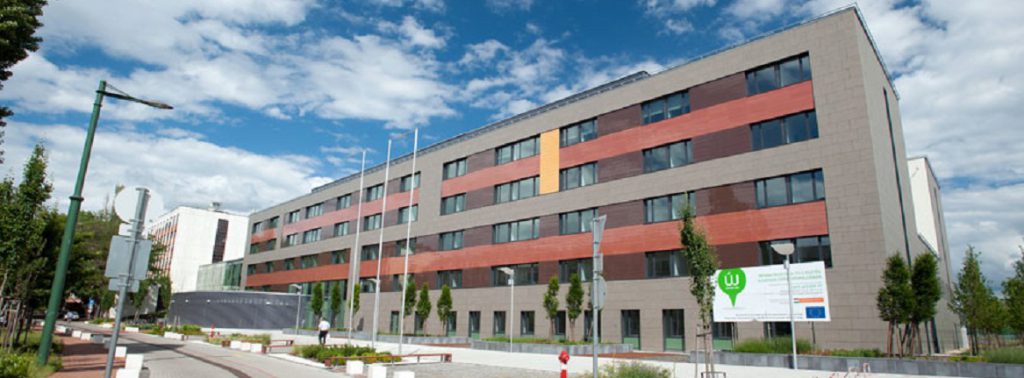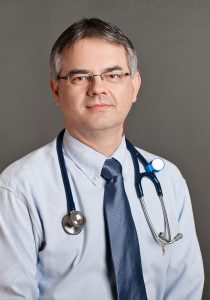University of Szeged

The Albert Szent-Györgyi Health Centre is a global organization established pursuant to a joint resolution passed by the Faculty of General Medicine and the Faculty of Pharmacy of the University of Szeged. As the legal successor of the Albert Szent-Györgyi Medical University, the Centre successfully coordinates health care related activities in the areas of research and development, clinical and pharmacological examinations, basic and further training in medical disciplines, and patient therapy. With the aim of meeting present requirements and also future challenges in the area of patient care, the Senate of the University of Szeged created the Clinical Centre of the Faculty of General Medicine from the institutions involved in patient care at the Faculty of General Medicine, which started operation on January 01, 2005. In addition to representing the key institution of patient care in Szeged, Hungary’s third largest city, the Centre is also a repository of a number of large-scale projects that have been included in the National Development Plan of Hungary for the period between 2007 and 2013, supported by the European Union. Among these projects, the health industry key project to be realized within the Szeged Biopolisz Initiative and the Szeged Health Care Centre a high level project implementing a clinical centre and incorporating a uniform provision of health care in Szeged, deserves special mention.
The Cardiology Center of the Albert Szent-Györgyi Health Centre, University of Szeged is a tertiary referral center for cardiology patients serving a population of approx. 1.3 million inhabitants. The Cardiology Center provides third level cardiology services including coronary angiography, percutaneous coronary interventions, electrophysiological investigations, cardiac biopsy, pace-maker and implantable cardioverter defibrillator implantations, cardiac resynchronization therapy, cardiac surgery and advanced cardiac imaging (3D echocardiography, cardiac MRI, coronary CT angiograms). The center also serves as an evaluation center for heart transplantation. Specialized outpatient ambulances, e.g. for patients with inherited cardiac diseases or for onco-cardiology are also providing services. The Department also runs a molecular genetic laboratory for diagnosing inherited cardiac disorders. The Cardiology Center serves as a nation-wide center for rare or uncommon cardiac diseases, including ion channel diseases, cardiomyopathies and specific heart muscle diseases, including cardiomyopathy phenocopies (Fabry disease, transthyretin amyloidosis, etc.). Specialized services, including specialized outpatient clinics, family screening clinics, genetic counselling, genetic testing has been set up. Specialized therapeutic interventions, e.g. alcohol septal ablation for obstructive hypertrophic cardiomyopathy, enzyme replacement therapy for Fabry disease or sympathectomy for long QT patients are also available. Patients with cardiomyopathy or ion channel diseases are referred from all over the country.
Dr. Robert Sepp is a cardiologist and the representative member of the cardiology Center of University of Szeged in ERN GUARD-HEART.

Dr. Sepp
